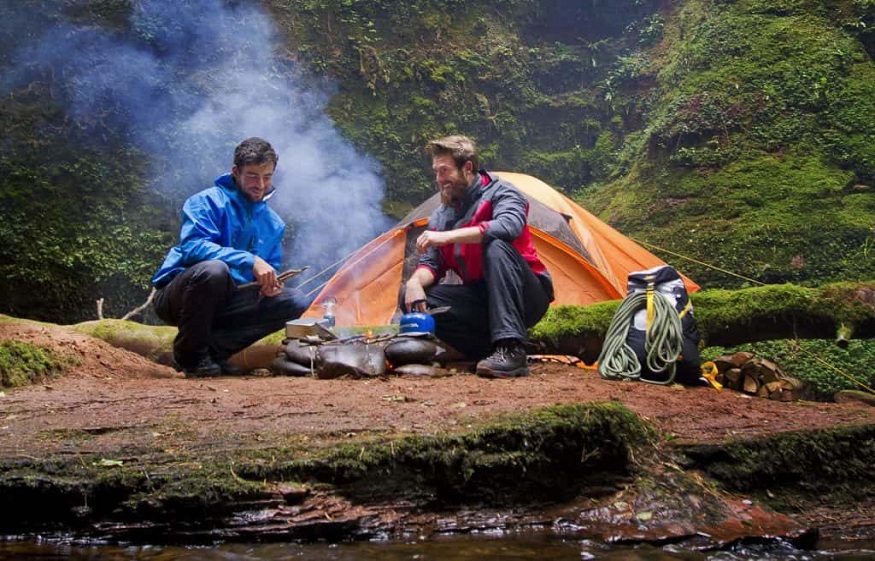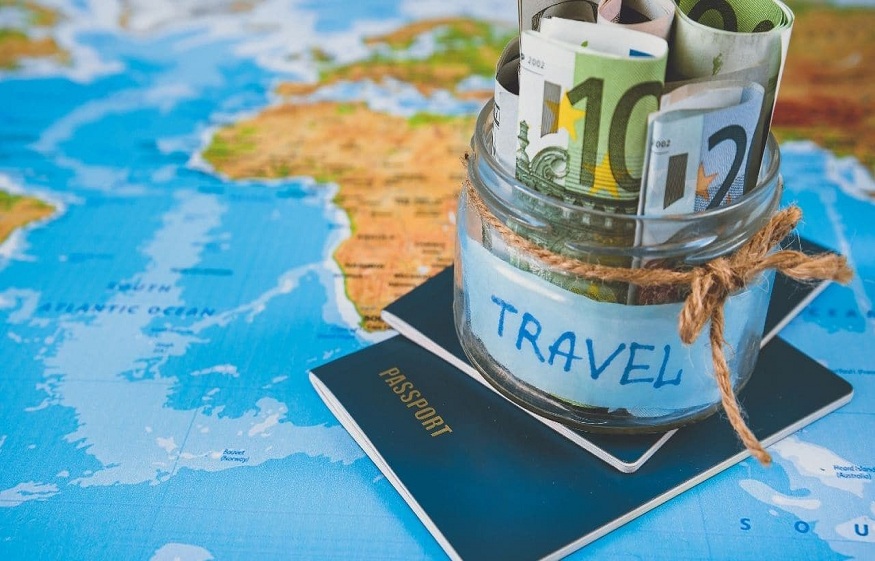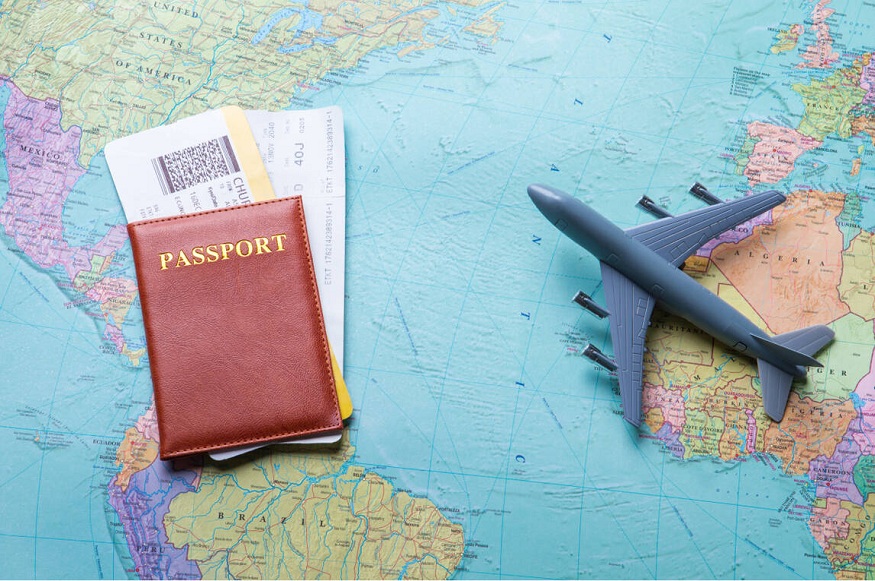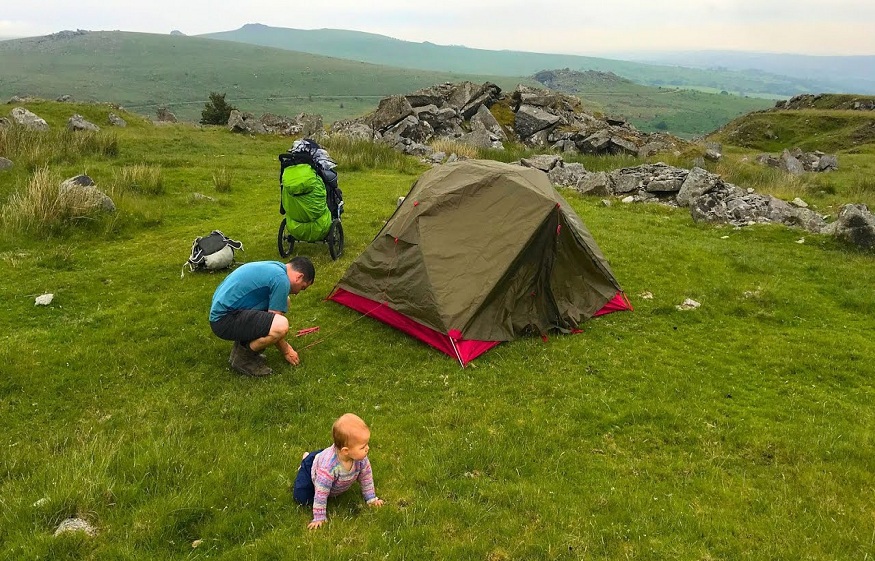Every year, many travelers want to set off across Europe with a backpack and tent. However, finding information about the legal aspects of each country isn’t easy! That’s why we’ve done the research for you, and here are the answers to your questions!
wild camping map of Europe
Here are the regulations and advice for European countries regarding camping or bivouacking:
Albania:
Wild camping and bivouacking are permitted in Albania. As with Romania, it is advisable to check beforehand.
England – Wales and Northern Ireland:
Wild camping in these countries requires a special exemption, otherwise it is prohibited. In some areas of England, bivouacking is tolerated.
Austria:
Austria has banned wild camping and bivouacking within its territory. The only form of bivouacking permitted is alpine bivouacking, provided it is not intentional but “forced” by nightfall, injury, or bad weather. The law provides for a penalty of €14,500 for failing to do so.
Belgium:
However, bivouacking is permitted between 7 p.m. and 9 a.m. in many places.
Belarus:
Wild camping and bivouacking are permitted in Belarus because the government believes that forests and fields belong to everyone.
Bosnia and Herzegovina:
Wild camping is legal in Bosnia. However, you’ll need to be very careful about the possible mines still present on the land, as the country was at war just over twenty years ago.
Cyprus:
The law regarding wild camping isn’t easy to find, but locals seem to say that wild camping is tolerated outside protected areas. However, lighting a fire is prohibited, which carries a fine of 600 euros.
Croatia:
Bivouacking and wild camping are prohibited in Croatia. A fine ranging from €150 to €1,000 may be imposed for violations of the law.
Denmark:
Wild camping (maximum 2 nights) is legal in over 1,000 locations in Denmark. The only restriction is that these locations are closed to vehicles. These locations are often equipped with toilets and shelters.
Scotland:
Scotland has different regulations from the UK, as it allows wild camping, except on some of its islands.
Spain:
In Spain, wild camping is managed by the regions. it. As in France, it is still prohibited in nature reserves and urban areas.
Estonia:
In Estonia, as in other Baltic countries, wild camping is perfectly possible, but you will need to ask the landowner’s permission if you are on private land.
France:
There are many places where wild camping is prohibited. Wild camping is prohibited in natural parks, seaside areas, public roads, within 200 meters of a drinking water source, near a historical monument or a site listed as a natural heritage site. Outside of these regulations, wild camping is legal, except by municipal decree.







Leave a Reply